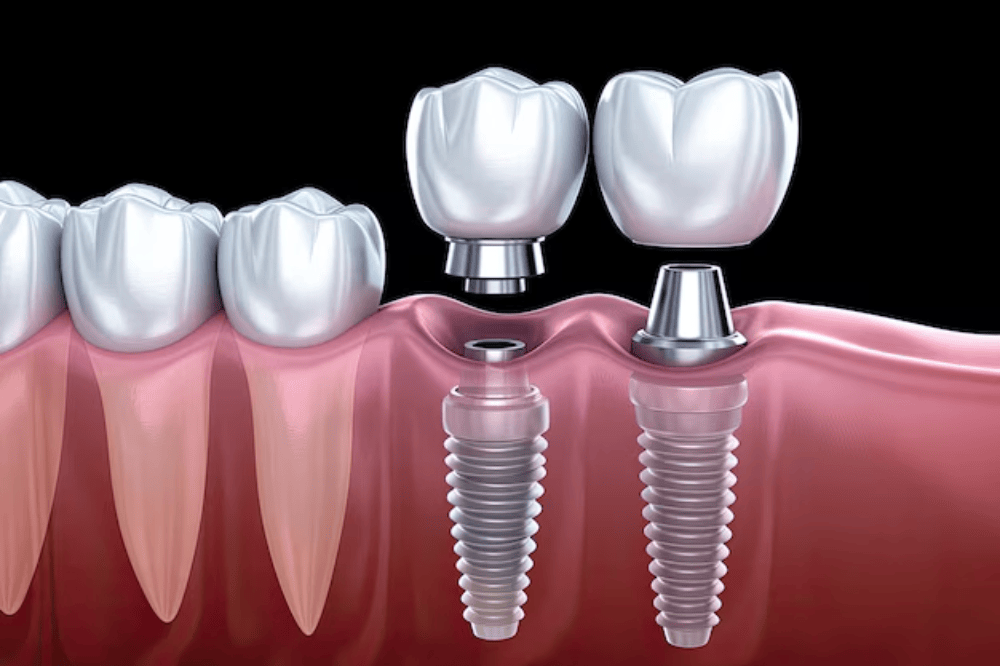Dental implants have revolutionized the field of restorative dentistry, offering a durable and effective solution for individuals facing tooth loss. Unlike traditional dentures or bridges, dental implants serve as artificial roots, providing a strong foundation for replacement teeth that look, feel, and function like natural ones. This innovative procedure not only improves a person’s smile but also enhances their overall oral health, allowing for better chewing function and jawbone preservation. Restore your smile’s strength and appearance with Reliable Dental Crowns Rockville at Rockville Dental Arts.
As more people seek long-term solutions for tooth loss, understanding the benefits, process, and care involved in dental implants becomes increasingly important. From the initial consultation to the final restoration, the journey of getting dental implants is tailored to each individual’s unique needs and circumstances. This article delves into the various aspects of dental implants, including types, advantages, potential risks, and maintenance, to provide a comprehensive overview for those considering this transformative dental option.
Types of Dental Implants
There are primarily two types of dental implants: endosteal and subperiosteal. Endosteal implants, the most common type, are surgically placed directly into the jawbone and can accommodate various prosthetic options, including crowns and bridges. In contrast, subperiosteal implants are placed under the gum but above the jawbone, making them suitable for patients with insufficient bone height who may not be candidates for endosteal implants. The choice between these options generally depends on the patient’s oral health, bone structure, and personal preferences, emphasizing the importance of a thorough evaluation by a dentist experienced in implants. For those in Keene looking for personalized dental care, Dental implants Keene can provide tailored treatment plans to suit individual needs.

Aftercare and Maintenance
Proper aftercare and maintenance of dental implants are crucial for ensuring their longevity and function. Patients are advised to maintain a rigorous oral hygiene routine, including brushing and flossing regularly, and visiting their dentist for routine check-ups and cleanings. It’s also essential to avoid habits that could compromise the implants, such as smoking or using teeth for tasks other than chewing. By adhering to these guidelines and being proactive about oral health, individuals with dental implants can enjoy their restored smiles for many years, enhancing their quality of life.
In conclusion, dental implants stand out as a transformative option for those grappling with tooth loss, providing not only aesthetic improvements but also significant enhancements to overall oral health and functionality. The journey to receiving dental implants, from initial consultation to maintenance, is characterized by careful personalization to suit each patient’s unique needs. By understanding the different types of implants available and committing to diligent aftercare, individuals can ensure the long-term success of their restorations. Ultimately, dental implants not only restore confidence through a beautiful smile but also contribute to a healthier, more functional mouth, allowing patients to lead a more fulfilling life free from the concerns associated with tooth loss.
